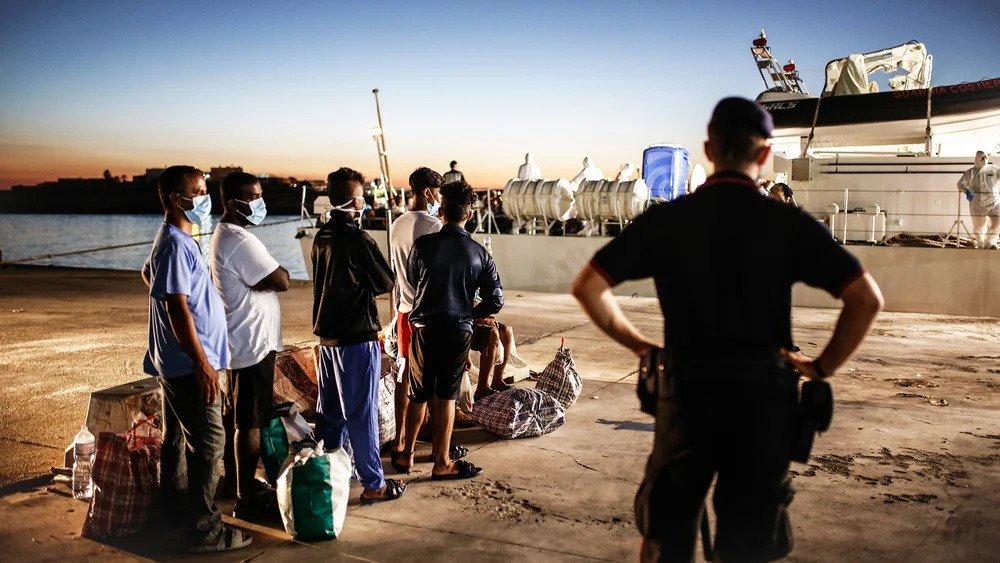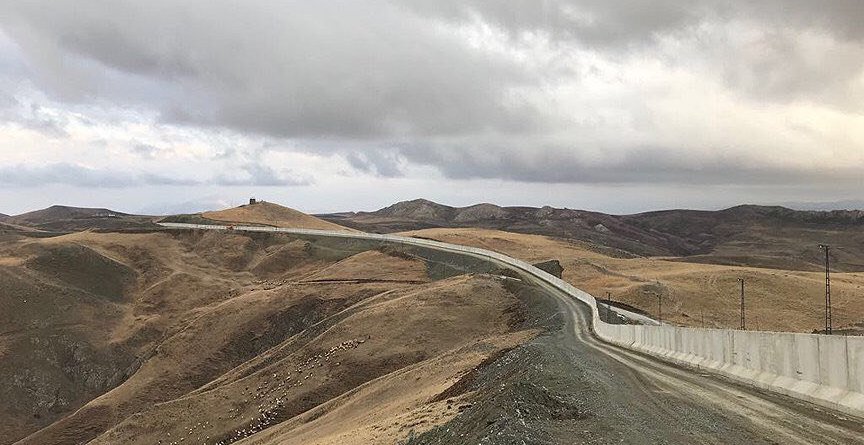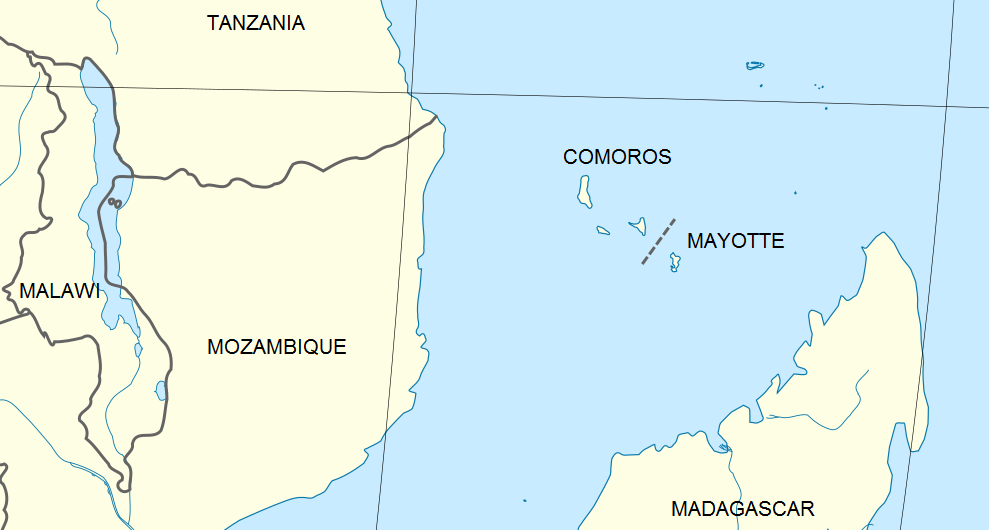
France: far-right party Kremlin links exposed
A French parliamentary report leaked to the press asserts that Marine Le Pen’s far-right party Rassemblement National knowingly served as a “communication channel” for Kremlin propaganda. Le Pen called the report “sectarian, dishonest and politicized”—despite the fact that it was Le Pen herself who demanded an investigation into foreign interference in French politics. Le Pen has long been openly supportive of the Kremlin. After Russia invaded Crimea in 2014, Le Pen insisted that Moscow’s annexation of the territory was not illegal. Her party, previously named the National Front, is known for extreme anti-immigrant, anti-Semitic, Islamophobic and anti-EU stances. As such, French banks are hesitant to give the party loans for campaigns. Le Pen instead obtained loans from a Russian bank in 2014, and more recently from Hungary’s state bank in 2022. (Photo: gregroose/Pixabay via Jurist)












